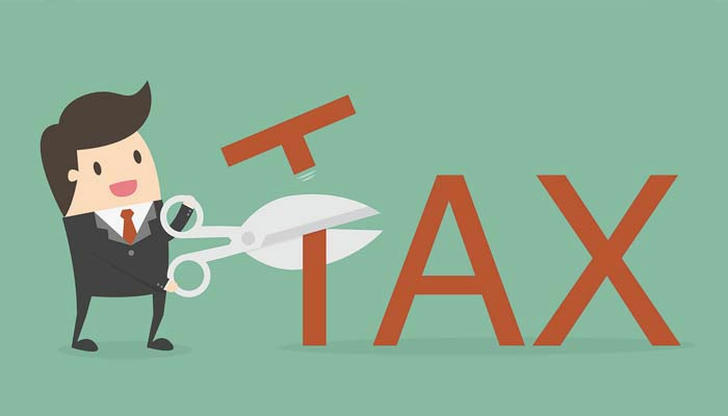Student Loans and Tax Deductions: What You Need to Know

When it comes to managing student loans, finding every way to save money helps. One area that often gets overlooked is tax deductions related to student loan interest. If you’re repaying student loans, understanding how these deductions work can make a big difference at tax time. Here’s what you need to know to take advantage of this benefit.
What Is the Student Loan Interest Deduction?

The student loan interest deduction is a tax benefit that lets you deduct up to $2,500 of the interest you’ve paid on qualifying student loans in a given tax year. This deduction is taken directly from your taxable income, which means it can lower the amount of income that gets taxed. Ultimately, this could reduce how much you owe or increase your refund.
How Does It Work?
This deduction is an above-the-line deduction, meaning you don’t need to itemize your taxes to claim it. It directly reduces your taxable income and is available on both the 1040 and 1040A tax forms.
To qualify, you must meet these basic criteria:
• You paid interest on a qualified student loan during the tax year.
• Your modified adjusted gross income (MAGI) must be below a certain threshold.
• You and your spouse (if filing jointly) can’t be claimed as dependents on someone else’s tax return.
Income Limits for Eligibility

Not everyone qualifies for the full $2,500 deduction. The amount you can claim phases out as your income increases. Here’s how it breaks down:
• For single filers: The deduction starts to phase out once your MAGI reaches $75,000 and is fully phased out at $90,000.
• For joint filers: The phase-out range is $155,000 to $185,000.
If your income is above these limits, you won’t be eligible to claim the deduction.
What Counts as a Qualified Student Loan?

A qualified student loan must meet certain conditions. It must have been taken out solely to pay for education expenses for you, your spouse, or a dependent. These expenses include:
• Tuition and fees
• Room and board
• Books and supplies
• Necessary equipment
Private loans taken from family members or employer-provided loans typically do not qualify.
Calculating Your Deduction
Calculating how much you can deduct is straightforward. You can claim up to $2,500 or the actual amount of interest you paid—whichever is lower. Your loan servicer should provide you with Form 1098-E if you paid more than $600 in interest during the year. This form will show the exact amount of interest you can claim.
How to Claim the Deduction?
Claiming the student loan interest deduction is simple:
Find your Form 1098-E. Your loan servicer should send this to you early in the tax season.
Enter the deduction on your tax form. You’ll enter the amount shown on your Form 1098-E directly onto your tax form (Line 21 on Schedule 1 of Form 1040).
Check your MAGI. Make sure your income falls within the eligible range.
Benefits of the Deduction

While $2,500 may not sound like a lot, it can still make a meaningful impact, especially for recent graduates managing tight budgets. Reducing your taxable income by even a small amount can put more money in your pocket or reduce how much you owe.
Tips to Maximize Your Benefits
• Plan Your Payments: If possible, make extra payments toward your student loans during the year to increase the amount of deductible interest.
• Keep Track of Your MAGI: If you’re close to the income phase-out range, consider contributing to a retirement account to lower your MAGI and maximize your deduction.
• Review Your Filing Status: If you’re married, ensure you’re filing jointly to qualify for the higher income limit.
Important Considerations

• Not All Loans Qualify: As mentioned earlier, loans from family or employers don’t count.
• MAGI Adjustments: If you have income from multiple sources, double-check how your MAGI is calculated.
• Alternative Benefits: If your income is too high to qualify, consider other tax benefits like the Lifetime Learning Credit, which may help reduce your education-related expenses.
Conclusion

Understanding the student loan interest deduction can lead to significant savings. This simple step can lighten the financial burden of repaying your loans. As you prepare your taxes, make sure to check if you qualify for this deduction and take full advantage of it. Every dollar saved is one step closer to financial freedom.
